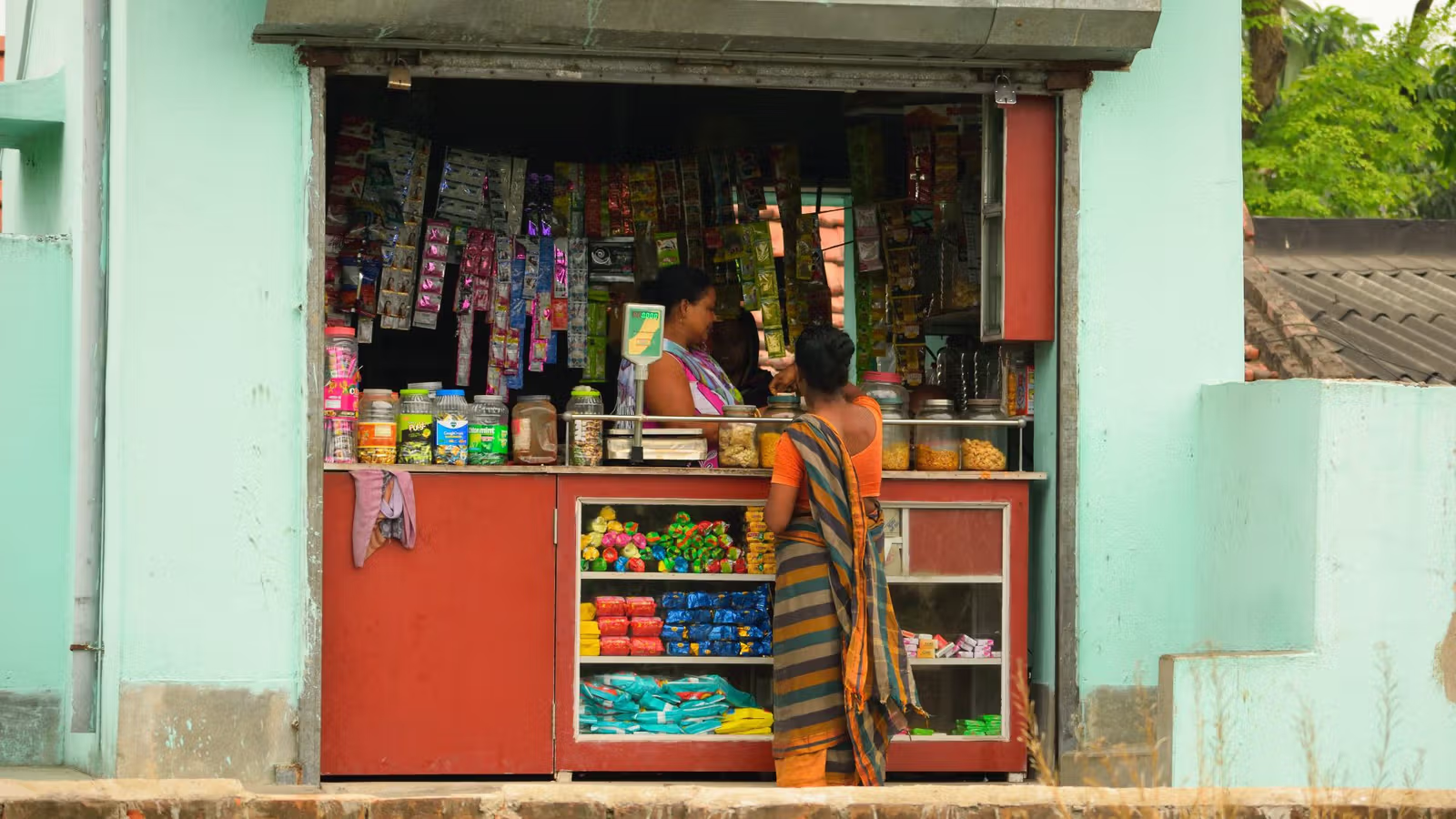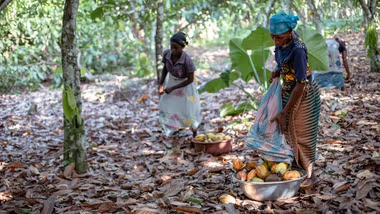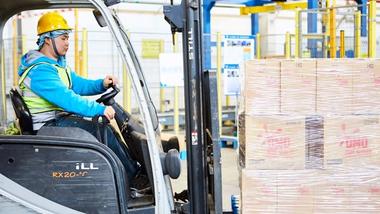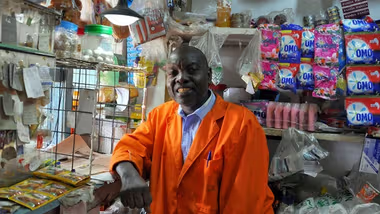
Plastics
We’ve been working hard to create a circular economy for plastic packaging for a number of years. We’ve learnt that transformation takes time. Given the size of this challenge, we’re using our innovation capabilities to find new, scalable solutions.
















